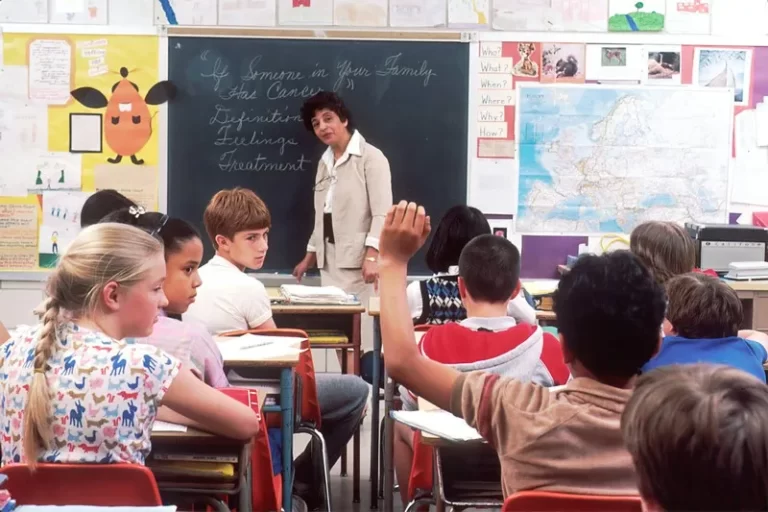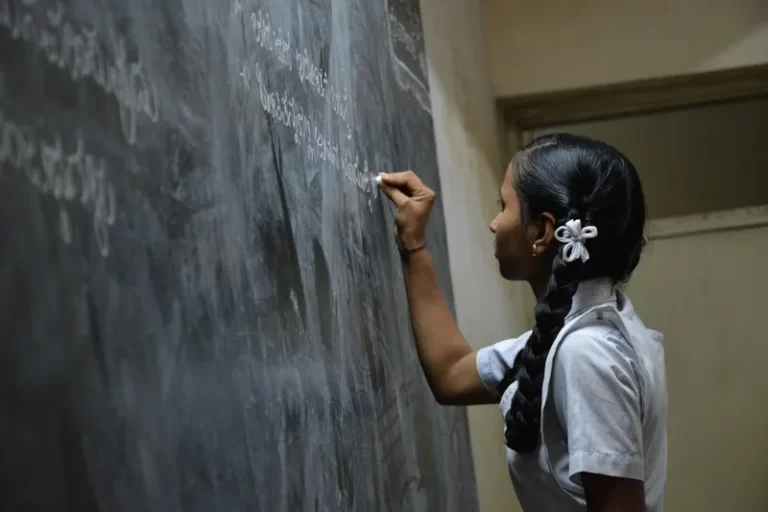
The Commodification of Students
Learn about the commodification of students in sociology and its implications for the education system. Understand how the neoliberal ideology has led to the perception of education as a marketable product. Explore the effects of commodification on students, including increased competition and pressure to succeed academically. Discover how the focus on instrumental outcomes may neglect critical thinking skills and creativity. Find out how the commodification of students perpetuates social inequalities and contributes to a consumerist culture within educational institutions. Reflect on the need for a more holistic and equitable education system that values learning for its intrinsic worth.








